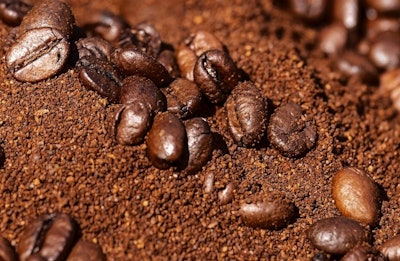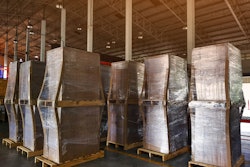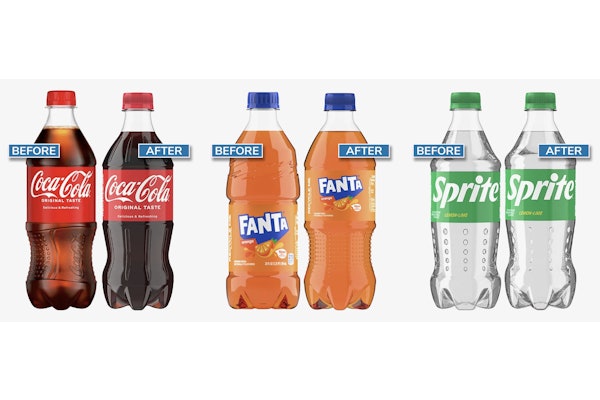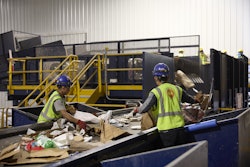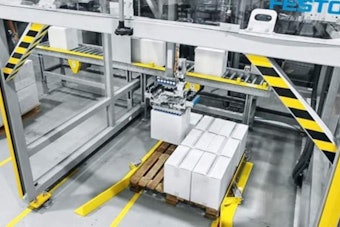Coffee, the world's second most traded commodity after oil, generates over 2 billion cups daily, resulting in over 8 million tons of spent coffee grounds annually, mostly ending up in landfills. However, a recent study on Psy.org reveals a potential packaging solution for spent grounds. Srinivas Janaswamy, an associate professor at South Dakota State University, demonstrates how these grounds could be transformed into biodegradable films that might one day replace plastics.
Janaswamy's research focuses on creating biodegradable alternatives to plastics using agricultural byproducts. Previous projects involved materials like avocado peels and corn stover. In this study, spent coffee grounds were chosen for several reasons.
First, they are widely available, with millions of tons produced annually, but most end up in landfills or are used inefficiently. Second, the rise of chain coffee shops in emerging economies will increase the volume of spent coffee grounds. Finally, these grounds contain lignocellulosic fibers, essential for making biodegradable films.
The process involves extracting lignocellulosic fibers from the coffee grounds and then subjecting them to a green chemical modification process to enhance their suitability for packaging. The resulting films biodegrade within 45 days in soil and possess high tensile strength.
Moreover, they exhibit the unique properties of blocking UV radiation and displaying antioxidant qualities.
While this research represents an early stage in turning spent coffee grounds into films, it holds promise for addressing the plastic pollution crisis. Despite their many advantages, plastics pose an environmental threat due to their slow biodegradation and the proliferation of microplastics in food and water. Thus, finding sustainable, climate-friendly alternatives is imperative.
The abundant and sustainable nature of spent coffee grounds makes them an ideal resource for creating these films, potentially offering a viable solution to the environmental challenges posed by conventional plastics.
"The potential for plastic-replacing films from the widely discarded but plentiful and sustainable spent coffee grounds remains unscathed and exciting toward value creation," said Janaswamy.
